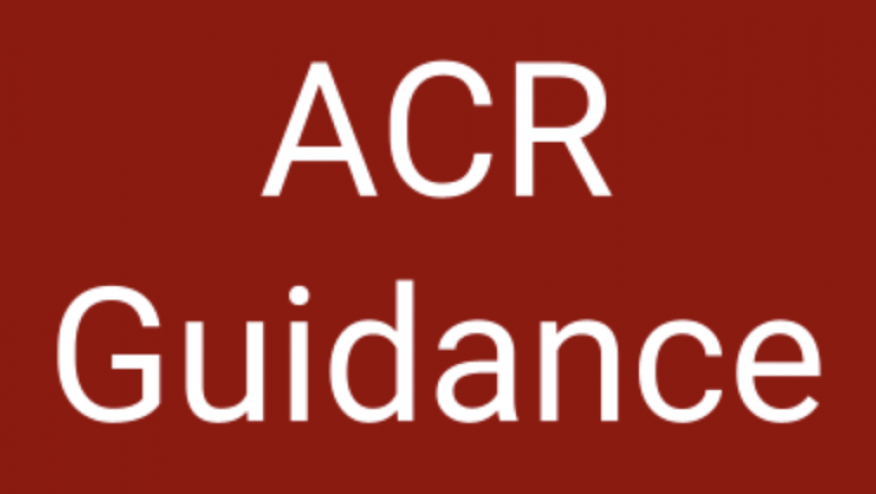ACR Recommends QOL Self-Management Strategies Save

American College of Rheumatology (ACR) experts identified research suggesting that patient self-management is not as prevalent as it should or could be despite the improvements patients experience when implemented. This is due, in part, to many patients lacking awareness and motivation to self-manage and thinking the only way to control their disease is by taking their medication.
Today, the ACR launched its patient education campaign, Self-Management for Patients Living with Rheumatic Conditions for Rheumatic Disease Awareness Month (RDAM). The campaign addresses the current knowledge gap, educates patients about self-management techniques, and encourages them to collaborate actively with their rheumatology healthcare team to manage their rheumatic condition.
The campaign does not delve into self-care practices yet focuses on self-management strategies for managing a patient’s rheumatic condition.
“One thing that is important to note is that self-management is often used interchangeably with self-care, but they are different. Self-management is an individual’s day-to-day management of their chronic conditions over the course of an illness,” says Bhakti Shah, MD, a rheumatologist with Crystal Run Healthcare in Middletown, NY, and the campaign’s medical spokesperson. “Self-care consists of those tasks performed by healthy people to prevent illness rather than manage an existing illness.”
The campaign highlights five overarching strategies patients can incorporate in their lives. They are:
- Stress Management – Rheumatic conditions can impact a person's physical and mental health. Patients can create relaxation practices like meditation, self-reflection, or journaling.
- Medication Adherence – Patients should partner with a clinician to understand their medications, what aspects of their disease they treat, and the importance of continuing these medications
- Lifestyle Changes – Regular exercise and eating a healthy diet are essential for general well-being and may help improve symptoms.
- Communicate and Collaborate with a Healthcare Team – Patients should maintain open communication with their rheumatology healthcare team, including the rheumatologist, physical therapist, and other specialists.
- Maintain a Support System – Patients should ask family or friends for help when needed, especially during a flare.
“Each patient encounter is an opportunity for rheumatologists (and rheumatology health professionals) to remind patients to incorporate self-management techniques in their lives. During my patient visits, I try to review topics such as medication adherence, physical activity and quality of life and I remind them that we are a team and collaboration will lead to improved outcomes for them,” Dr. Shah continues. “We hope this campaign will empower patients to take a more proactive role in their treatment journey.”
Rheumatic Disease Awareness Month is recognized each September, drawing attention to more than 100 conditions under the umbrella of rheumatic diseases. Rheumatoid arthritis, osteoarthritis, and lupus are some of the most commonly known. Others include Sjögren’s syndrome, gout, scleroderma, and psoriatic arthritis. More than 53.2 million American adults—one in four—have been diagnosed with rheumatic disease.
To view the full self-management toolkit, visit www.RDAM.org.









If you are a health practitioner, you may Login/Register to comment.
Due to the nature of these comment forums, only health practitioners are allowed to comment at this time.